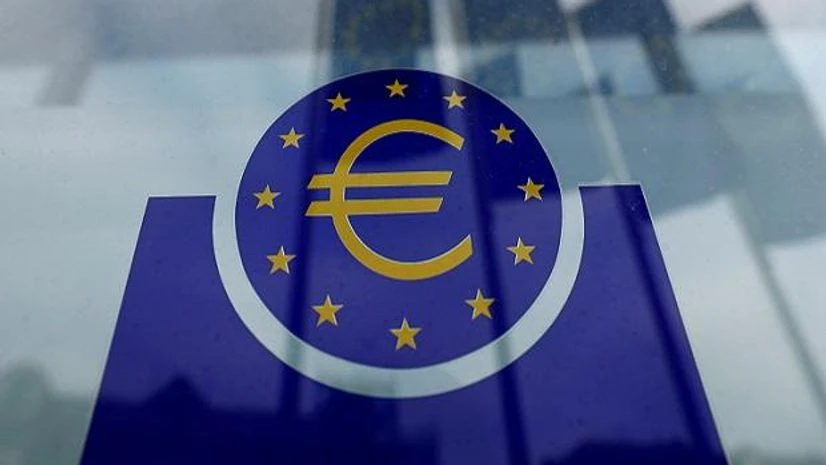By Samuel Indyk
LONDON (Reuters) - European shares jumped on Monday after Ukrainian forces made a rapid advance in Kharkiv province in Russia's worst setback since its Kyiv push was abandoned in March, while the euro extended on last week's European Central Bank inspired gains.
On Saturday, Moscow abandoned its main bastion in northeastern Ukraine, in a sudden collapse of one of the war's principal front lines after Ukrainian forces made a rapid advance.
The broad pan-European STOXX 600 index was up 0.7% in early trade, hitting its highest since the end of August.
Germany's DAX rose 1.4%, France's CAC 40 and Britain's FTSE 100 both jumped 1%.
Also Read
Asian shares also rallied in slow trading with China and South Korea out for a holiday.
MSCI's broadest index of Asia-Pacific shares outside Japan added 0.7%, having bounced modestly from a two-year low hit last week. Japan's Nikkei added another 1.2%, after rallying 2% last week.
"The Russia-Ukraine situation is creating some glimmers of hope for the market that there might be a resolution and provide some relief on the intensity of the energy shock," said Hani Redha, a multi-asset portfolio manager at PineBridge Investments.
"For now, the balance of information we have is being interpreted as bullish by the market," added Redha.
The news of Ukrainian advances also helped lift the euro, which extended last week's post European Central Bank (ECB) gains to rise to its highest against the dollar in almost four weeks.
The single currency was also helped in part by a Reuters report that European Central Bank policymakers see a growing risk that they will have to raise their key interest rate to 2% or more to curb record-high inflation despite a likely recession.
The euro was last up 1.5% to $1.0194, touching its highest against a softening dollar since Aug. 17.
Meanwhile, peripheral euro zone government bonds underperformed their peers, hurt by reports that the ECB may next month kick off a debate about reducing the size of their balance sheet.
Italy's 10-year government bond yield rose as much as 6.5 basis points to 4.098%, its highest since mid-June.
Germany's 10-year yield was up 4 basis points, pushing the closely watched spread between Italian and German 10-year yields to as wide as 237 basis points.
"There is an urgency to front load rate hikes and take rates to neutral as soon as possible," said Mohit Kumar, interest rate strategist at Jefferies, in a note.
"Once we reach levels close to neutral, we do expect the doves to take back control at the ECB and hence see the recent shift as a front loading exercise rather than a fundamental shift in ECB policy," Kumar added.
The dollar index, which measures the greenback against a basket of six currencies, was down 0.7% to 107.98, its lowest since Aug. 26.
Still, the index is up over 12% this year, having gained over 10% against the euro, 13% against the pound and 24% against the Japanese yen.
U.S. inflation data released on Tuesday will be key for determining the direction of travel in the near term.
Falling petrol prices are seen pulling down the headline consumer price index by 0.1%, according to a Reuters poll.
The core is forecast to rise 0.3%, though some analysts see a chance of a softer report.
"Commodities, in general, have been coming off and that's likely to be the main driver of softer numbers," PineBridge's Redha said.
A soft number might revive speculation the Federal Reserve will only hike by 50 basis points this month, though it would likely have to be very weak to have a real impact given how stridently hawkish policymakers have been recently.
Oil prices have been trending lower amid concerns about a global economic slowdown, though cuts to supply did prompt a 4% bounce on Friday. [O/R]
On Monday, Brent was steady at $92.82 a barrel, while U.S. crude slipped 0.2% to $86.60.
The weaker dollar helped lift gold to $1,724 an ounce, away from last week's low of $1,690. [GOL/]
(Reporting by Samuel Indyk in London, additional reporting by Wayne Cole in Sydney)
(Only the headline and picture of this report may have been reworked by the Business Standard staff; the rest of the content is auto-generated from a syndicated feed.)

)
